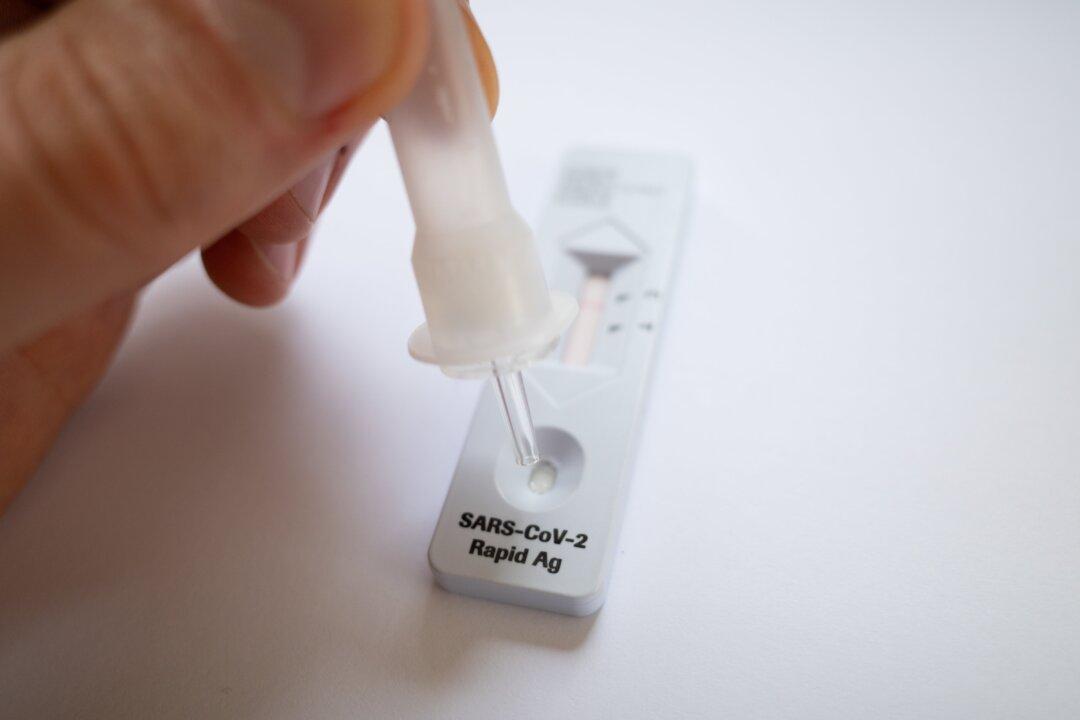The New South Wales (NSW) back-to-school plan will be centred on rapid antigen testing (RAT) to ensure that classrooms stay open under the state government’s COVID-Smart Plan.
Every student and teacher in the state’s 3,150 government and non-government schools will be eligible to receive RATs before the school year begins on Feb. 1. Over 12 million RATs will be distributed to schools to support four weeks of testing.





